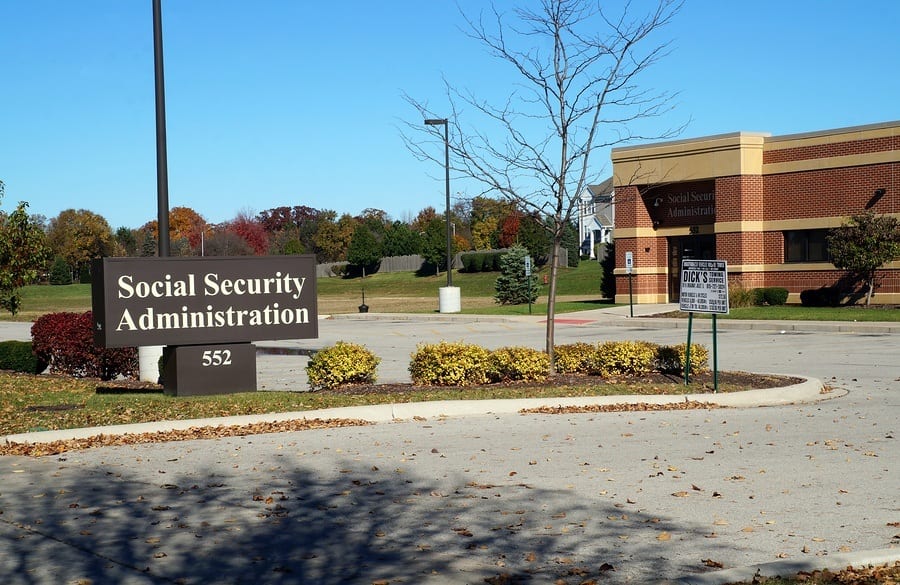If you are a veteran who has become disabled because of a disease or an injury that occurred while you were serving the military, you are most likely already receiving Disability Compensation from the Department of Veterans Affairs (VA).

What you may not know is that you could also be eligible for Social Security disability benefits. Many claimants receive Social Security Disability Insurance (SSDI) from the Social Security Administration (SSA) as well as VA Disability.
Being on both programs is not at all uncommon, but the two programs are very different from one another and when exploring your options you should be aware of some of the key differences between the two.
Some Major Differences Between VA Disability and SSDI
While the VA and SSA are both agencies of the federal government, their approach to disability varies significantly. Here are the most obvious differences:
-
- The SSA requires you be completely disabled, and no longer able to work as a result of that disability, in order to receive benefits. The VA offers compensation based on your compensable rating, which can be as low as 10% and still be worthy of a check. However, the VA does not require that your disability prevents you from working, even if you are awarded a 100% disability rating.
- The SSA gives more credit to the statements and documentation of your treating physician, as they believe they are much more familiar with you, your health, and your situation. The VA will give your treating physician’s opinion some deference, but the VA may require that you also be evaluated by one of their physicians in order to determine if your disability is service related, and/or what disability level should be awarded.
- VA Disability Compensation only compensates for service-related disabilities, which are disabilities that have resulted from illnesses or injuries received, or conditions aggravated while you are serving in the military. Although, many veterans are entitled to VA benefits, even if their condition is non-service related, as long as they are wartime veterans who meet certain income limits. This benefit is called VA Pension.
- VA approval may be beneficial in helping you get SSDI approval, but SSDI approval is not usually beneficial in your claim for VA benefits. This is good news for any veterans already receiving VA disability.
You Can Receive SSDI and VA Disability Benefits at the Same Time
You may be eligible to receive both SSDI and VA disability benefits simultaneously. Of course, your VA disability compensation is based on service-related disabilities, but your SSDI benefits are based on all of your medical conditions.
Mesothelioma is listed as a disabling condition by the SSA and considered a compassionate allowance disease, which means it is given special consideration and expedited through the system.
To medically qualify for Social Security benefits for mesothelioma, you will need to have medical evidence showing one of the following:
- Pleural mesothelioma (lining between lungs and chest)
- Peritoneal mesothelioma (lining of the abdomen)
Applying for Benefits
It is not uncommon to have claims for VA disability and SSDI open at the same time. Unfortunately, many claimants don’t understand the need of applying for SSDI benefits as quickly as possible. In order to qualify for SSDI, you have to have earned a sufficient number of work credits (taxable income) and paid in an adequate amount of taxes to the SSA.
This is usually means that you must have paid into Social Security for at least 10 years, and have worked at some time during the last five. If you wait too long to apply for SSDI, you could lose those credits and your eligibility.
To get more information regarding SSDI benefits for mesothelioma, contact our Veteran Support Team. Documentation is the key to proving your case and winning your claim for monthly disability benefits.

